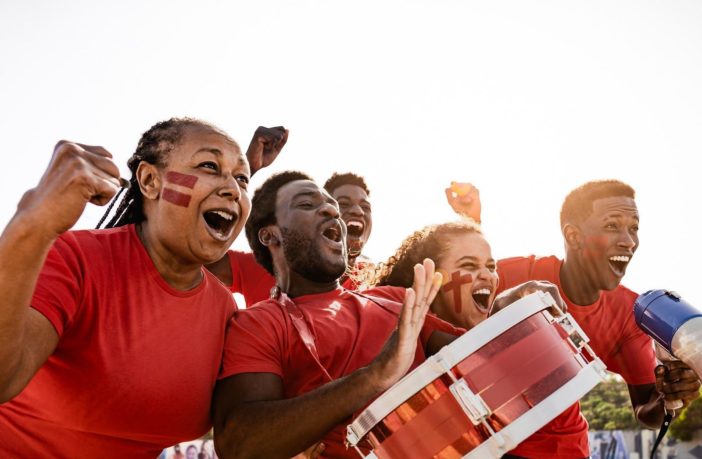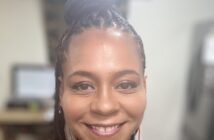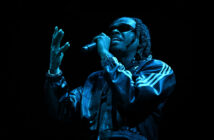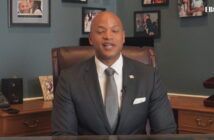Texans love their sports. Houstonians love their sports. Blackfolk love their sports. Aswad loves him some sports. And when we’re into “the game” (whichever game it happens to be) and “our” team is out there doing its thing, we get hyped with each double play, walk-off hit, overtime victory, goal-line stand or futbol gooooooooooooooooooooooooooooooooooooal!
But truth be told, we show just as much, if not more emotion when our team or favorite player is getting dogged up and dogged out. Either way, we are totally emotionally invested – decrying losses and celebrating wins. And celebrating those wins is far more enjoyable.
But when you really think about it, there are other areas of life where we need wins and victories far more than on those football fields, baseball diamonds and hoop hardwood floors that don’t own.
One of those areas where we need victories in the worst way is in the realm of Black mental health.
Don’t miss out! Get top Black headlines in Houston/Texas/America in your inbox Monday-Saturday.
Though we’re getting better about discussing our mental challenges with others, and we’re more open than in years past to seeking professional help, we still have a ways to go.
According to the National Institute of Mental Health, nearly one in five U.S. adults live with a mental illness ( 52.9 million people in 2020). While People of Color (POC) have rates of mental health disorders similar to whites, these disorders are more likely to last longer and result in more significant disability for POC. Most mental illness goes untreated, especially in communities of color. Fifty-two percent of whites with AMI received mental health services in 2020, compared to 37.1% of Blacks and 35% of Hispanics.
Moreover:
Black American adults are 20% more likely to experience serious mental health problems, such as major depressive disorder or generalized anxiety disorder.
Although rates of depression are lower in Blacks (24.6%) and Hispanics (19.6%) than in whites (34.7%), depression in Blacks and Hispanics is likely to be more disabling and persistent.
According to a 2019 study, African Americans have the highest lifetime prevalence of PTSD (8.7%) compared to their white (7.4%), Latino (7%) and Asian (4%) counterparts.
Mistrust of medical and mental institutions is rooted deeply inside the Black community as a result of generations of racism, discrimination and trauma.
As a result of racism, Black people are at an increased risk of developing psychosis, in part due to high amounts of chronic stress and trauma.
But one way we can get to the level needed that allows us as a collective to be in the best mental space possible, is for us to approach mental health like we do sports.
We cheer, yell, scream and exhibit unabashed joy when things go right for “our” team or favorite player. Let’s bring that same energy to our friends and loved ones who are making those courageous moves to deal with their mental wellness. Let’s cheer for those who are getting better because of those steps. Let’s cheer on those who are going through the ups and downs and ups of their journey; encouraging them to stay on the path like we encourage “our” team to run the play we know without a doubt will help them win the game.
Let’s exude that same loving, supportive, fanatical energy to anyone and everyone bold enough to let the world know that they are facing mental health challenges and then go the next step to seek the help they need.
Those victories right there, are far more important to our well-being as a people than anything going down in these games we watch.
Support the Defender
Our pledge is to elevate solutions, share successes, and amplify the experiences of Black people. We cannot do it alone.



